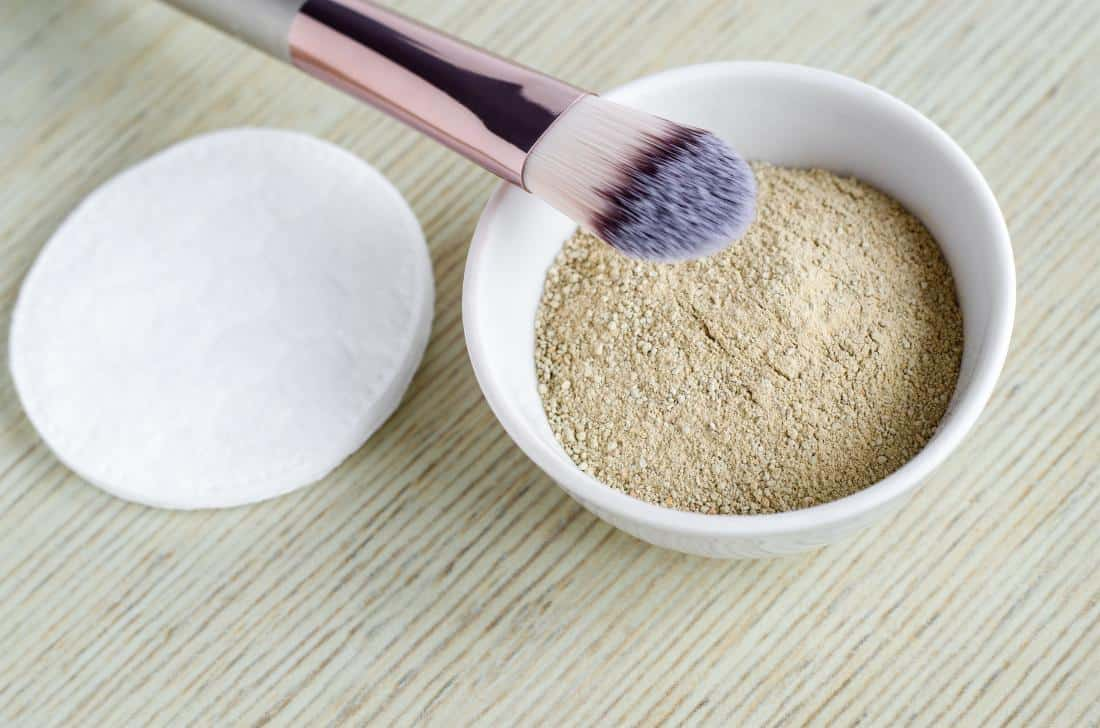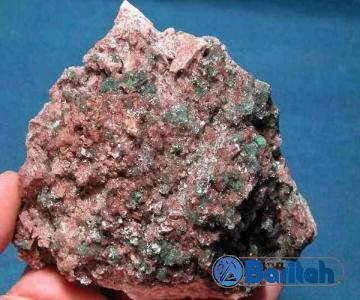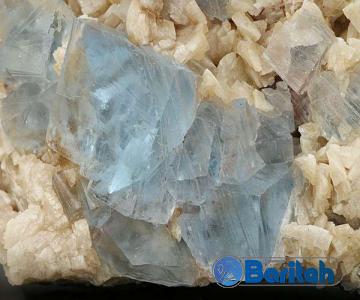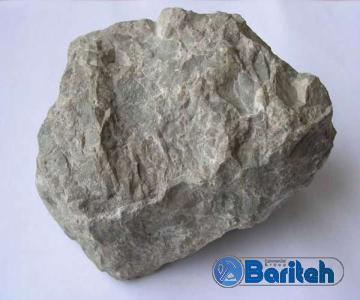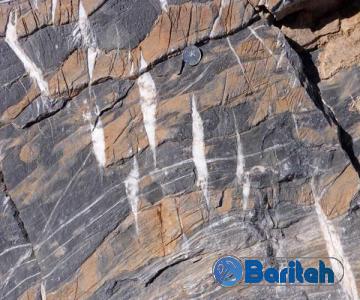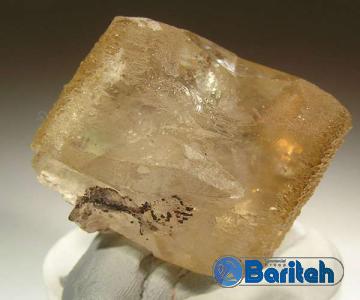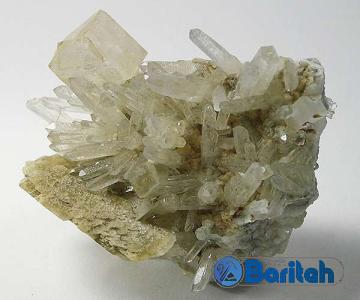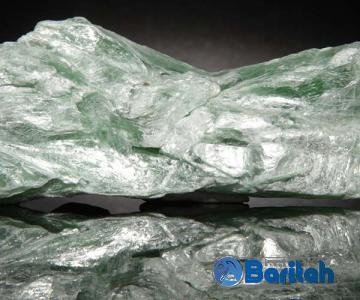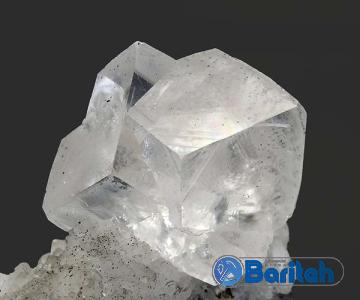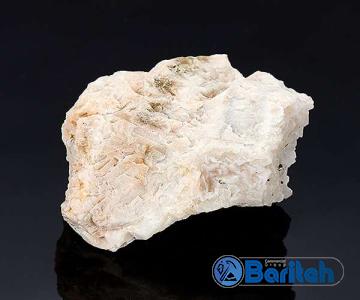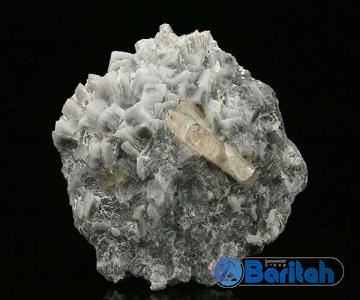Bentonite Mineral Powder 2023 Price List
Bentonite is a natural material composed mainly of clay smectite
Bentonite is produced by converting volcanic ash to clay minerals in marine environments and is discoverable as layers between other rocks
It is a type of clay that has the property of swelling and gelatinization due to its combination with water
It is composed mainly of crystal minerals consisting of the smectite group, which includes hydrated aluminum silicates containing iron, magnesium, sodium, or calcium
Sodium, calcium, and potassium bentonite are known types of this chemical compound, the use of which depends on their specific physical properties
Bentonite is mainly used in civil engineering for drilling and foundations

Bentonite mineral powder mortar in civil engineering refers to a combination of sodium bentonite and slurry
The slurry is a thin layer of mud or cement or any solid with water that has a wide range of applications
The role of bentonite in civil engineering is to create a protective layer on surfaces
Bentonite mortar is used to build foundations for diaphragm walls (maintenance or sealing the walls of hollow) as well as building piles
Bentonite is used as a self-adhesive mortar for building walls, subsequent grouting, construction of waterproof properties, penetrating soft soils, and implementing landfill sites in civil and municipal engineering
It is difficult to estimate how important bentonite is in construction and urban engineering because in some construction cases, engineers do not use bentonite, resulting in higher costs for the use of cast iron and steel in demarcation
The use of bentonite clay in construction, in addition to reducing costs, has many benefits, which include: – Support drilling by creating hydrostatic pressure on the walls to prevent falling – Having a function such as glue and no flow in the drilling area – Does not cause any reaction with cement without special intervention to harden the concrete The first issue to consider when using bentonite slurry in construction is whether or not the mortar performs well enough for the intended purposes, without interfering with other building materials, and with no adverse effect on walls, piles, and building forms
Used properly, bentonite mud can be reused several times
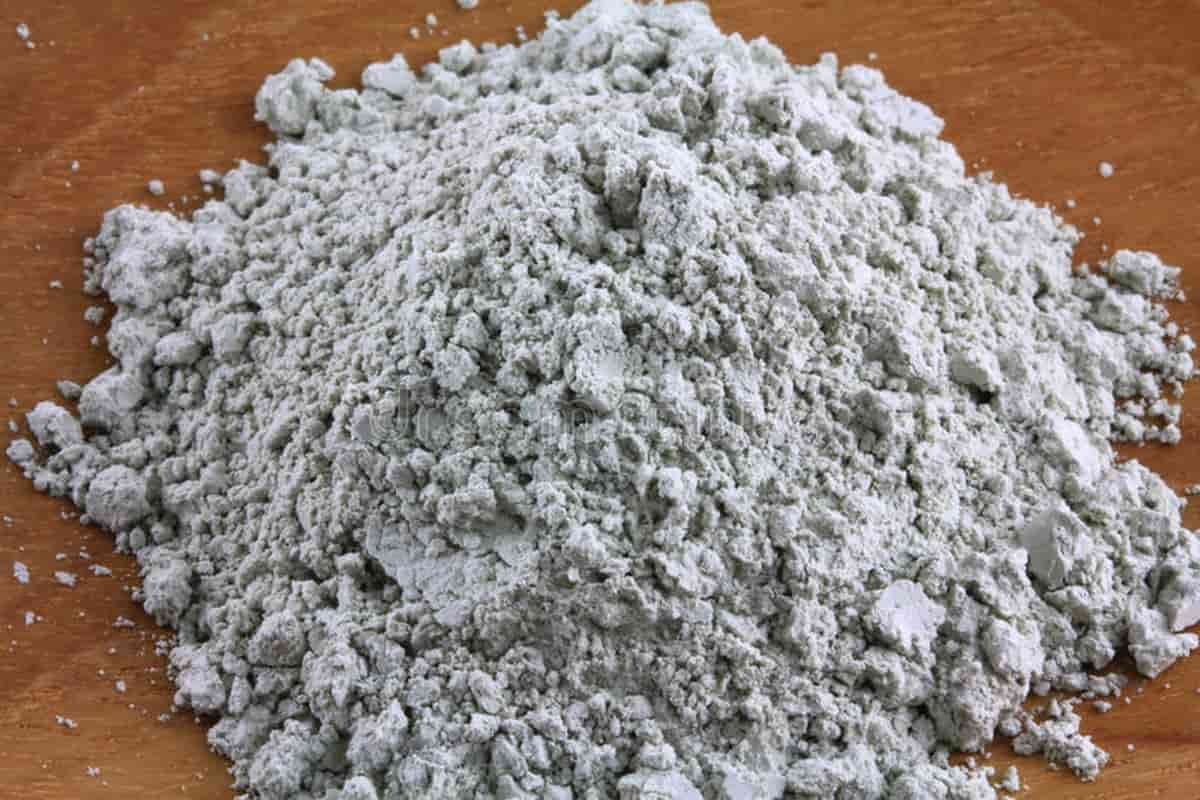
Application in Piling
One of the most important methods of soil consolidation and improvement is piling, when we are faced with a weak soil bearing capacity and soil compaction in the upper layers
So that the surface layer cannot be used to distribute the load, there is a need to increase the bearing capacity or transfer power to the subsoil
In this case, with the help of piling, the excess force is transferred to the subsoil
In the lower layers, there is more density and friction, so the structure will have the necessary resistance to subsidence and existing forces
If the piles are affected by the horizontal force, while they are still capable of carrying vertical loads, they can also carry horizontal forces by bending
This condition often occurs on the foundations of soil retaining structures whose job is to withstand lateral soil pressure, or on tall buildings that are affected by wind or earthquake
The in-situ candle is made of concrete and has no displacement
In-situ piles have the most applications and diversity among the technologies used in this field due to their unlimited diameter and drilling depth
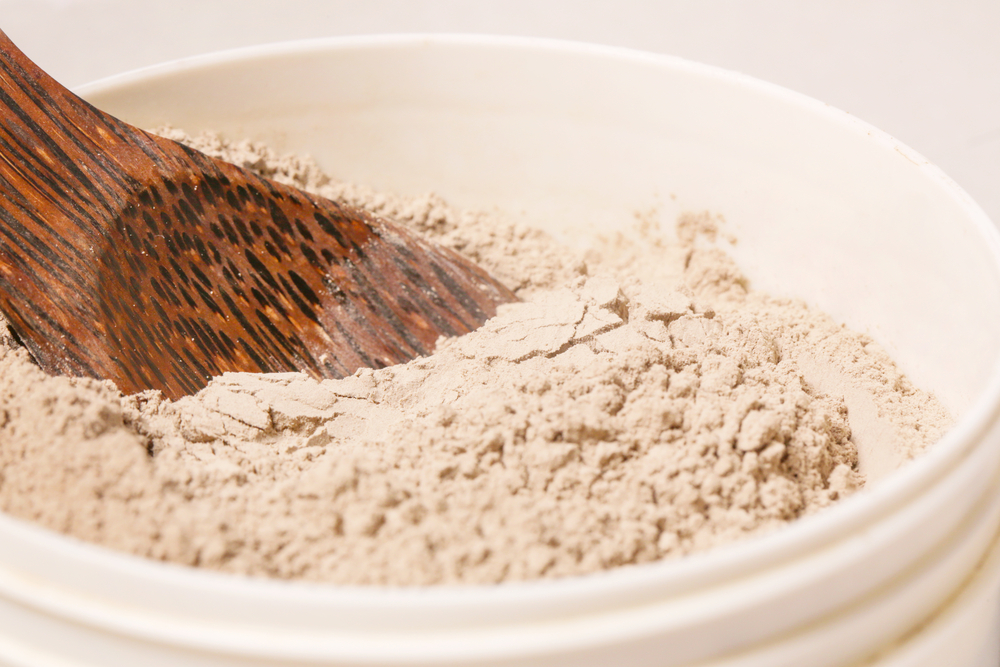
To make this type of pile, the desired soil must first be drilled, which is done by special devices with different diameters
In this method, the possibility of the collapse of the walls of the drilling site due to soil or water pressure should be considered and should be controlled by one of these methods of using a mixture of water and bentonite or similar materials, using metal pipes throughout the well, or using concrete pipes that remain in place
In the use of bentonite or similar materials, considerations are made in the amount of consumption and concentration of bentonite according to its material and soil condition, and during mixing, bentonite powder should be added to water and stirred regularly to prevent the formation of lumps
Preparation of bentonite solution requires time, which is shortened by heating the water
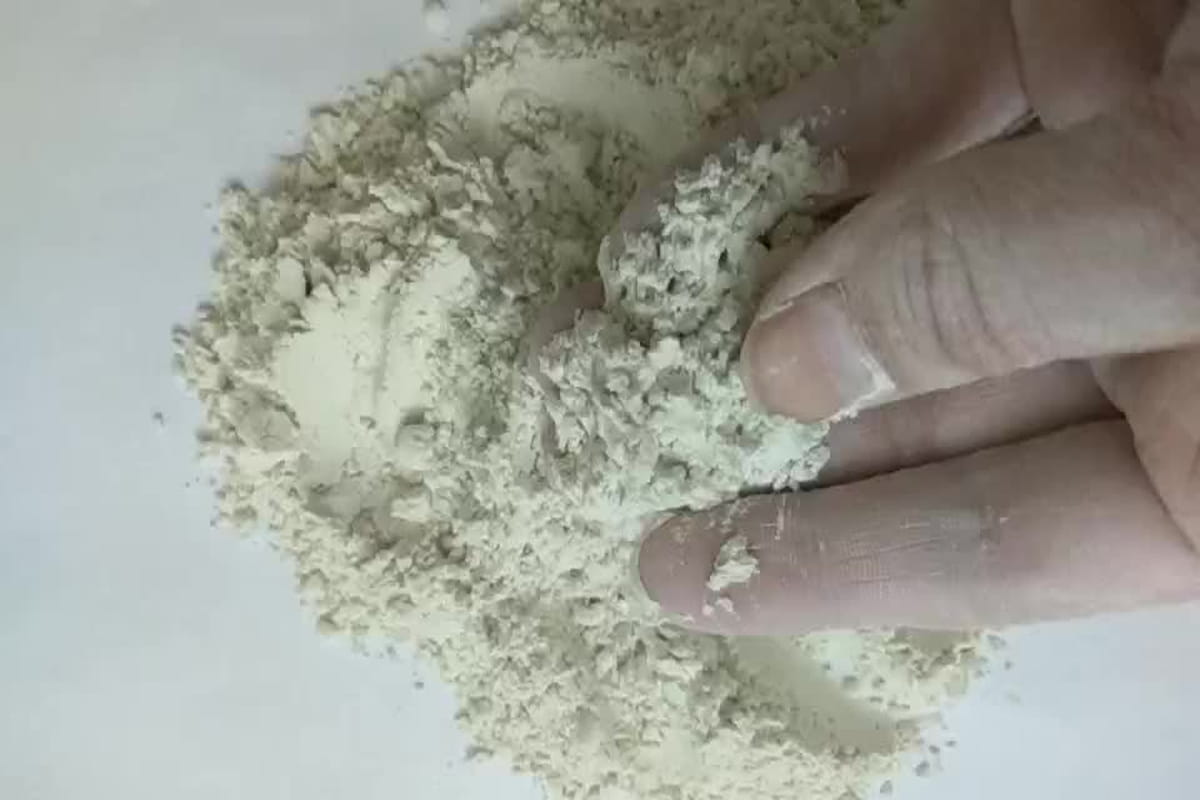
Application in Industry
Bentonite is widely used in industry due to its composition and structure
These properties are especially noticeable when the substance is dissolved in water
Many industrial applications of bentonite are due to the swelling properties of this material in water and the production of viscous suspensions
Through solving in water, bentonite forms colloidal particles that have a large surface area relative to the weight of the clay, so it can be an excellent emulsion stabilizer or a medium for carrying other chemical compounds
Because bentonite has a negative charge, it can react with positively charged metals such as lead, which can remove lead from wastewater
It reacts with many organic chemicals to form compounds that are used as gelling agents in many organic liquids
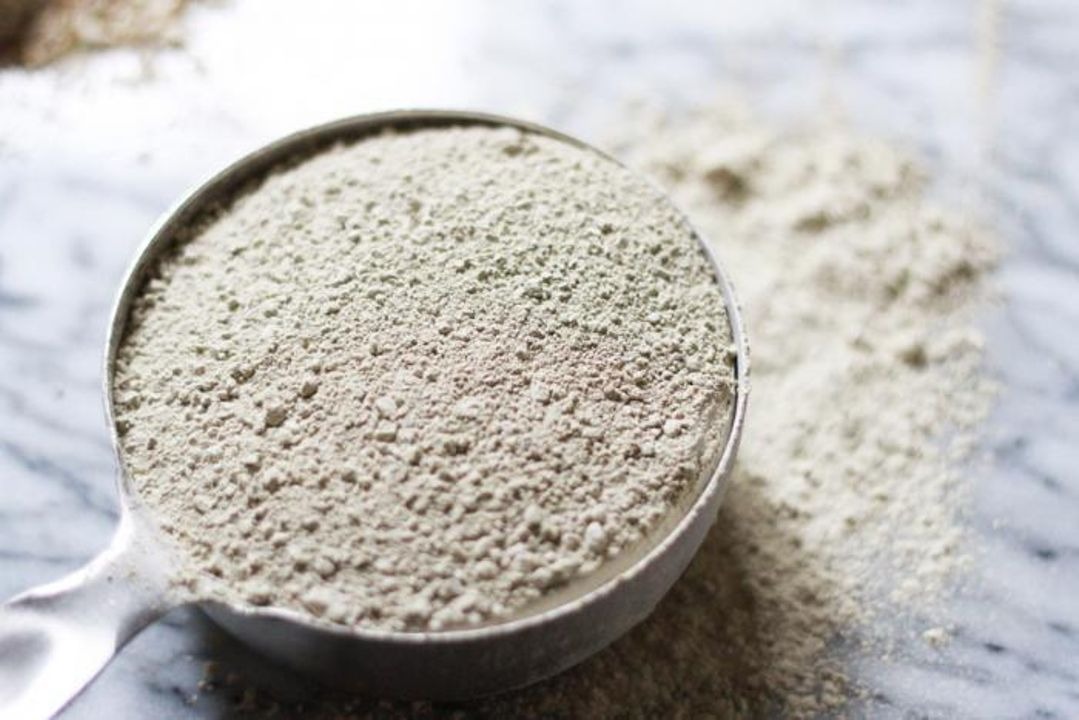
Two types of bentonite clay are commonly used: calcium bentonite and sodium bentonite
Sodium bentonite is known for its ability to absorb and retain large amounts of water, as well as its bentonite swelling (increase volume) and high viscosity properties
For casting green sand mixtures that require high thermal strength and good plasticity and adhesion, such as cast iron and steel this mixture is suitable
Sodium bentonite can increase the volume up to 15 times its dry volume
In the form of sand, this feature helps the formwork maintain its dimensional accuracy and gives it thermal endurance
In the preparation of casting molds, bentonite, due to its adhesion, binds the sand grains together and its plastic property causes it to compress under pressure and create a suitable shape for the mold
Bentonite is used as a preservative in the manufacture of iron, steel, and cast iron alloys
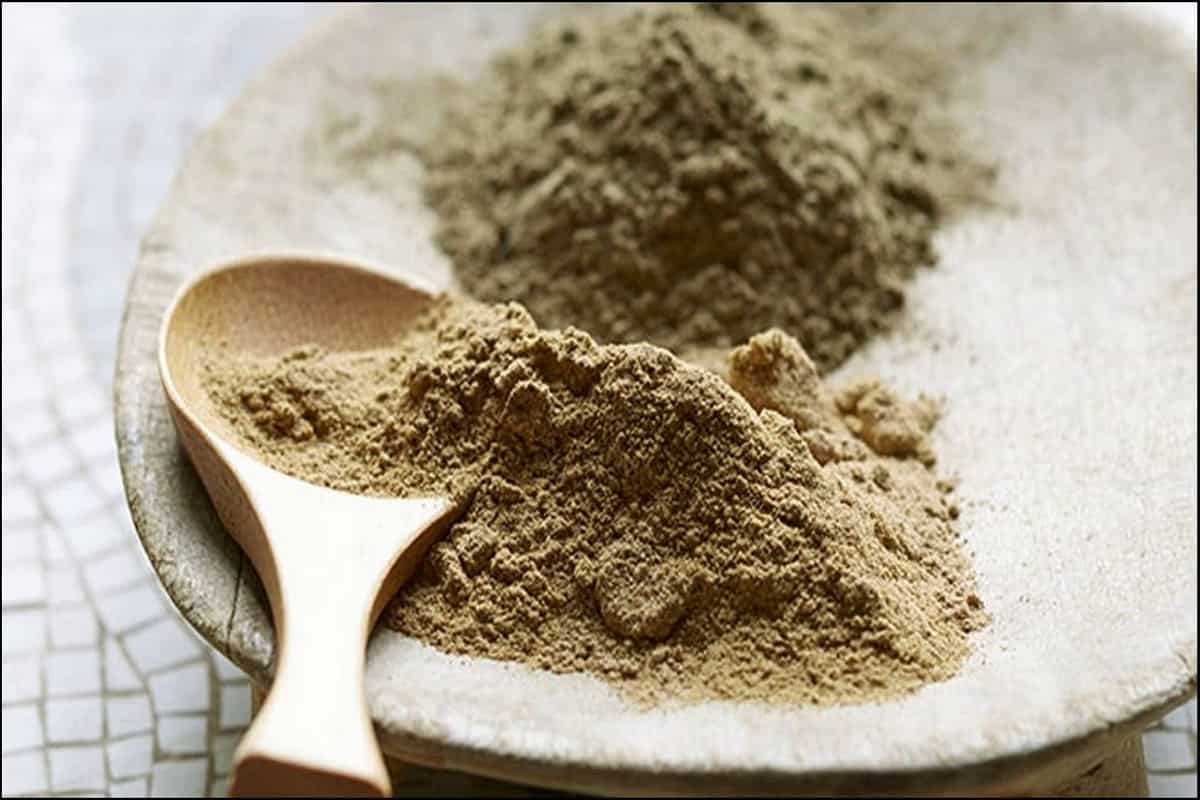
Application in Pharmaceuticals
Bentonite is a natural clay with soft grains and a fine texture that forms a paste in combination with water, which has been used for its therapeutic benefits in the past to date
It is used to treat skin rashes such as acne
Bentonite is found in many skin products, and some people add it to their food or drink to relieve digestive problems or to detox the body
Scientists believe that bentonite works by absorbing excess fat and dust from the skin
It binds to molecules and ions to absorb and eliminate contaminants and toxins
When used as a mask on the skin, it absorbs excess fat and bacteria and is a natural acne treatment
Bentonite contains natural minerals such as calcium, magnesium, and iron, which may have other benefits
This substance is useful for weight loss in people who consume high-fat foods
Bentonite can also help treat constipation and regulate gastrointestinal motility and is even effective in treating irritable bowel syndrome
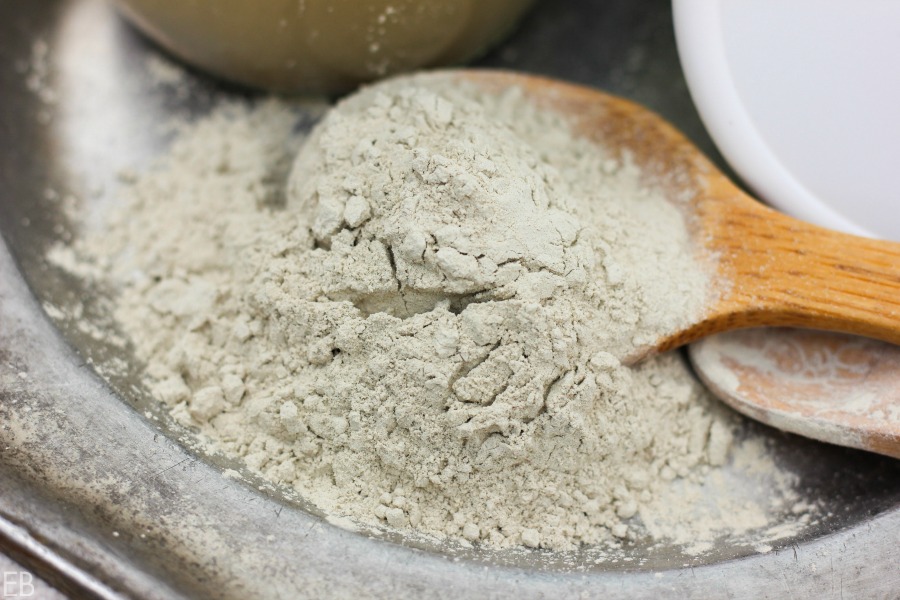
This compound, if taken orally, can cause the excretion of heavy metals such as lead, which causes many health problems
Research has shown that consuming bentonite may help remove excess lead from the body
The healing properties of clays such as bentonite are due to the high concentration of minerals such as silica, calcium, magnesium, sodium, iron, and potassium, which can absorb and eliminate toxins, heavy metals, impurities, and chemicals
That is why bentonite is one of the main components of detoxifiers and cleansing products
It also helps cells absorb oxygen because it absorbs excess hydrogen and allows cells to replace oxygen instead
Atlas Minerals group Ltd has been actively involved in the manufacture and supply of premium quality minerals at rock-bottom prices
Aiming to be your choice by supplying high-quality minerals, we also can meet any demands regarding our products
As a reputable brand, we have been able to export our products to many Asian and European countries, and now thanks to our steadfast team we step forward with pride to expand our support to other parts of the world
Filling out the following form is a simple and quick way for consulting and ordering our products
